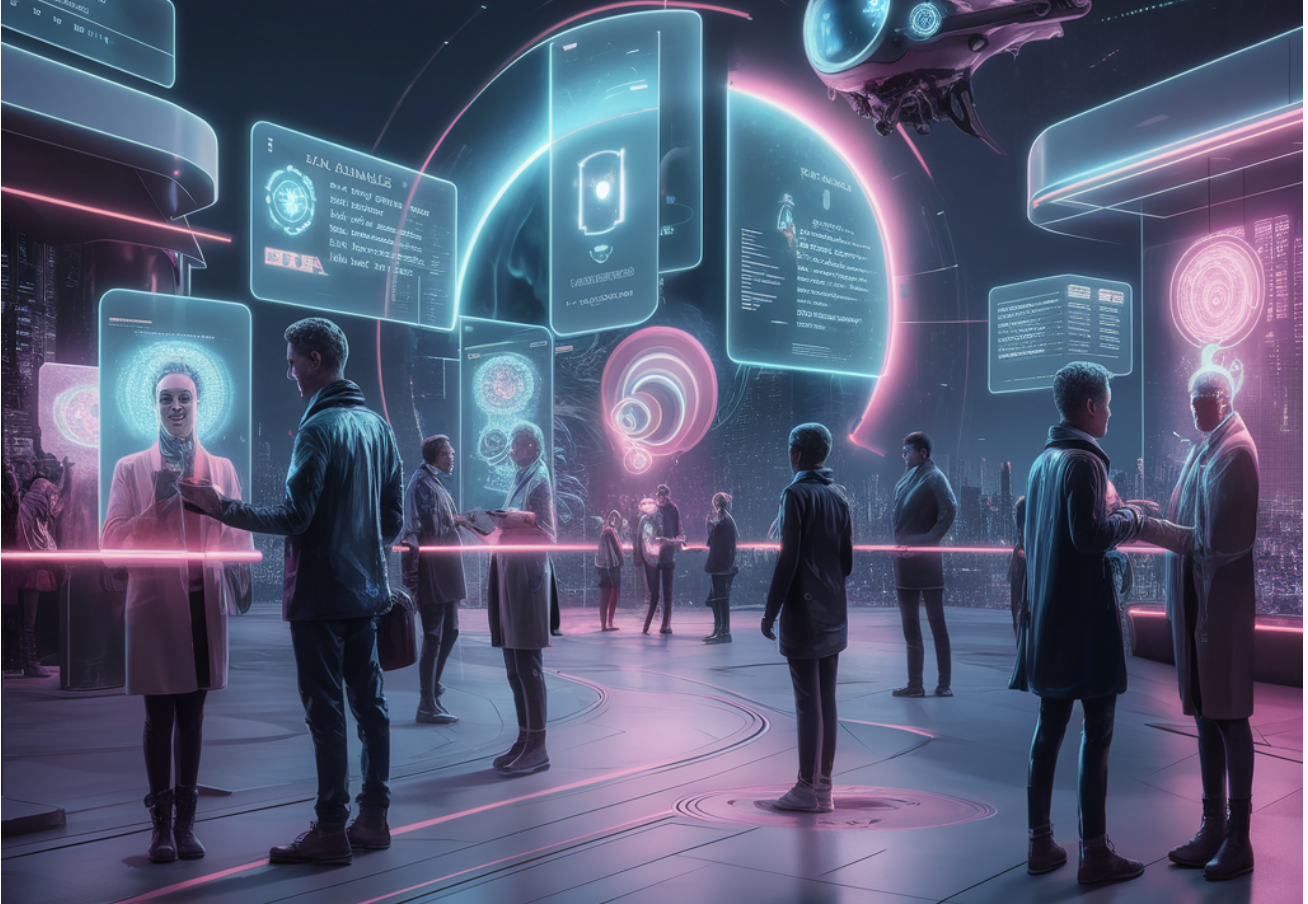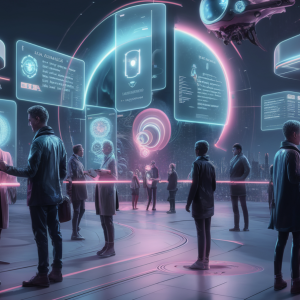

A remarkable trend in the quickly developing field of artificial intelligence points to a significant change in the way humans engage with technology. Researchers and scholars within the domain are progressively projecting a future in which the conventional front-end application will become outdated. Large language models’ (LLMs’) capabilities and the emergence of AI agents are key factors in this potential revolution, which has the ability to drastically change the digital environment.
LLMs, which enable natural language interface with technology, are fundamental to this change. LLMs play a significant role in an interface-less future, as follows:
- Promoting Natural Interaction: By allowing users to speak to technology in normal language, LLMs eliminate the need for complicated user interfaces.
- Translate words to Commands: They are able to translate spoken words into commands that can be used in a variety of applications.
- Give Feedback: In addition, LLMs have the ability to report back the steps they have made on the user’s behalf.
This developing capability suggests that people may soon be communicating with AI agents who handle these activities for them rather than directly interacting with a multitude of programs. With their extensive understanding, AI agents have the potential to transform and increase any company’s operations with remarkable efficiency and effectiveness. According to experts in the industry, these agents will contribute to the development of new, more effective procedures for managing activities and conducting business.
There are important considerations concerning future digital interactions raised by this transformation. The question arises whether humans will participate in highly interactive virtual worlds, or will ubiquitous, unseen AI bots will streamline the digital experiences. Researchers are starting to embrace the idea that applications may completely vanish. It’s becoming widely accepted that the person who creates the best personal AI agent will transform digital communication. Such agents could drastically alter how humans access information and services, possibly making online marketplaces, productivity tools, and conventional search engines obsolete.
This paradigm change may have far-reaching effects on society at large as well as the software sector. AI-powered advanced personal assistants have the potential to transform everyday tasks and digital interactions. The need for several specialized applications would be eliminated because of these AI agents, which would enable smooth, natural interactions.
The transition from conventional applications to AI agents signifies a significant shift in human-computer interaction as well as a technological breakthrough. The software industry will be completely transformed by this transformation, resulting in more user-friendly, effective, and seamlessly integrated digital experiences into everyday lives.
The intelligent agents that operate in the background, ready to help and enhance digital interactions, are where software is headed, not the interfaces that are encountered on a daily basis. This change will open the door to a more streamlined, effective, and interactive digital world powered by superior AI and LLMs.
The post The Future of AI Software: Will it be an Interfaceless World? appeared first on MarkTechPost.